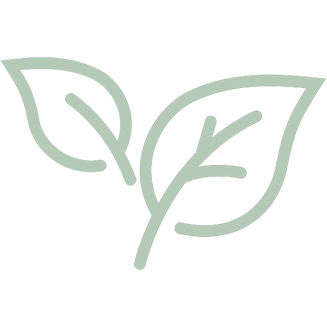Meaningful Work
Outcome 2 of the Early Years Learning Framework discusses children’s connection to community, peers, and the wider world. It addresses the importance of relationships, and the way children, in the context of these relationships, begin to understand their rights and responsibilities as citizens. Viewing children as citizens, with rights from birth, is sometimes difficult to comprehend as it requires us to dramatically shift our perspective. This reframing can be complex, but as educators, we have an ethical and legal responsibility to undertake this work under the UN Convention on the Rights of the Child. Whilst the shift in perspective requires ongoing critical work, the way in which this manifests in our practice with children is much more transparent. The simplest experiences can often be the most powerful, and this is certainly the case when we think about children as citizens. The EYLF states: When children participate collaboratively in everyday routines, events and experiences and have opportunities to contribute to decisions, they learn to live interdependently.” Early Years Learning Framework p.24 At Flinders we interpret this to mean that active, meaningful participation in routines impacts on children’s understanding of citizenship. When children are supported to participate in cleaning and caring for the environment and resources which they benefit from, they feel a sense of authentic contribution: not only do they experience the joy of playing in this space, they also feel the satisfaction of caring for it. Children frequently seek to participate in cleaning and associated environmental care routines, however asRead more
